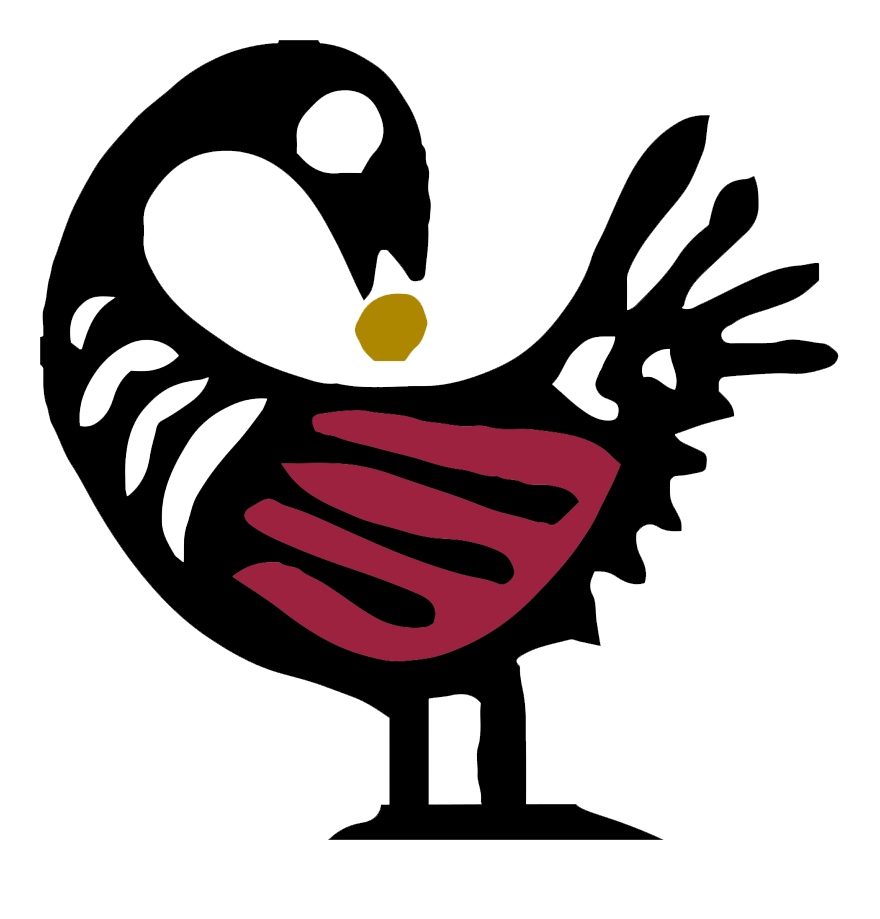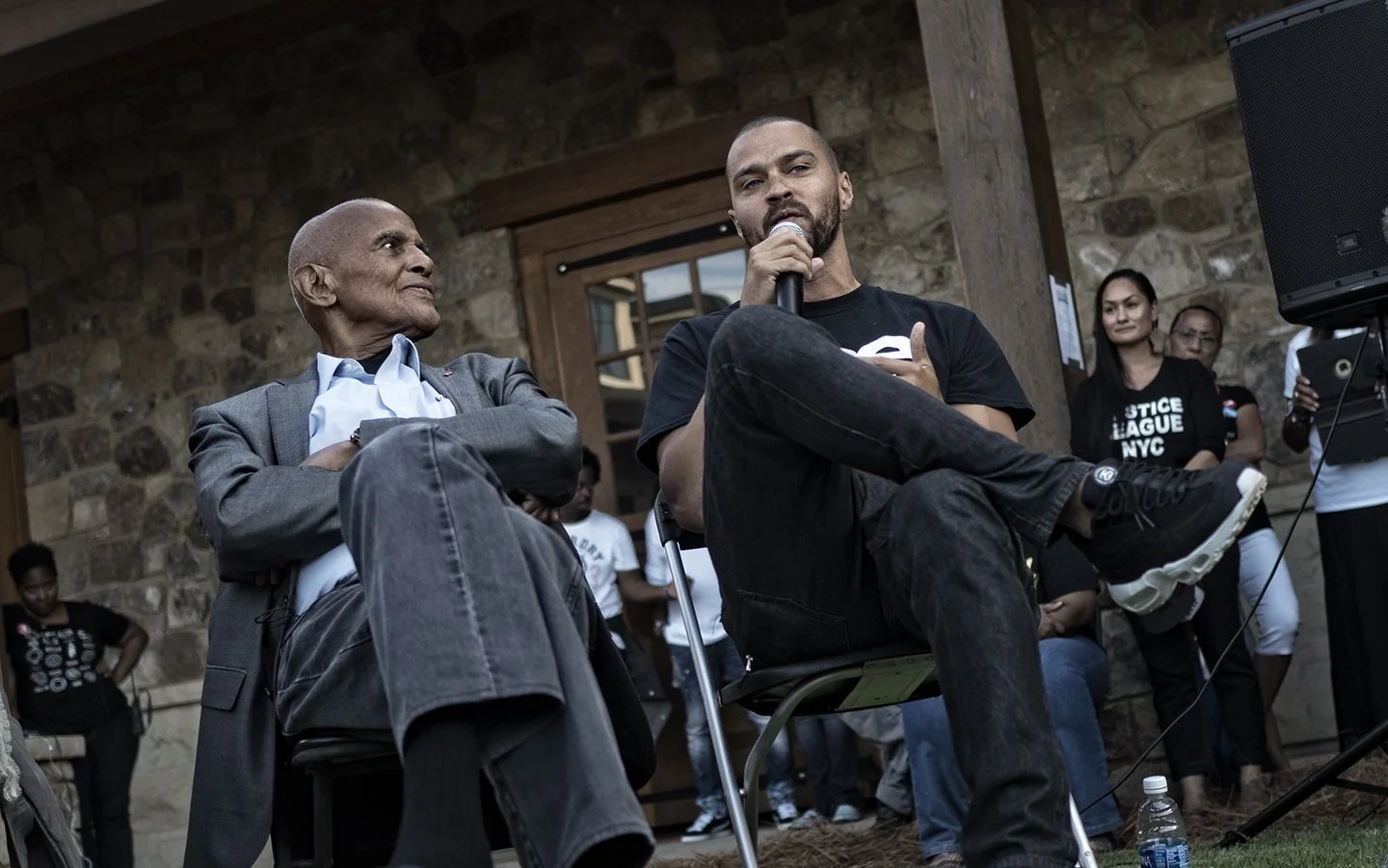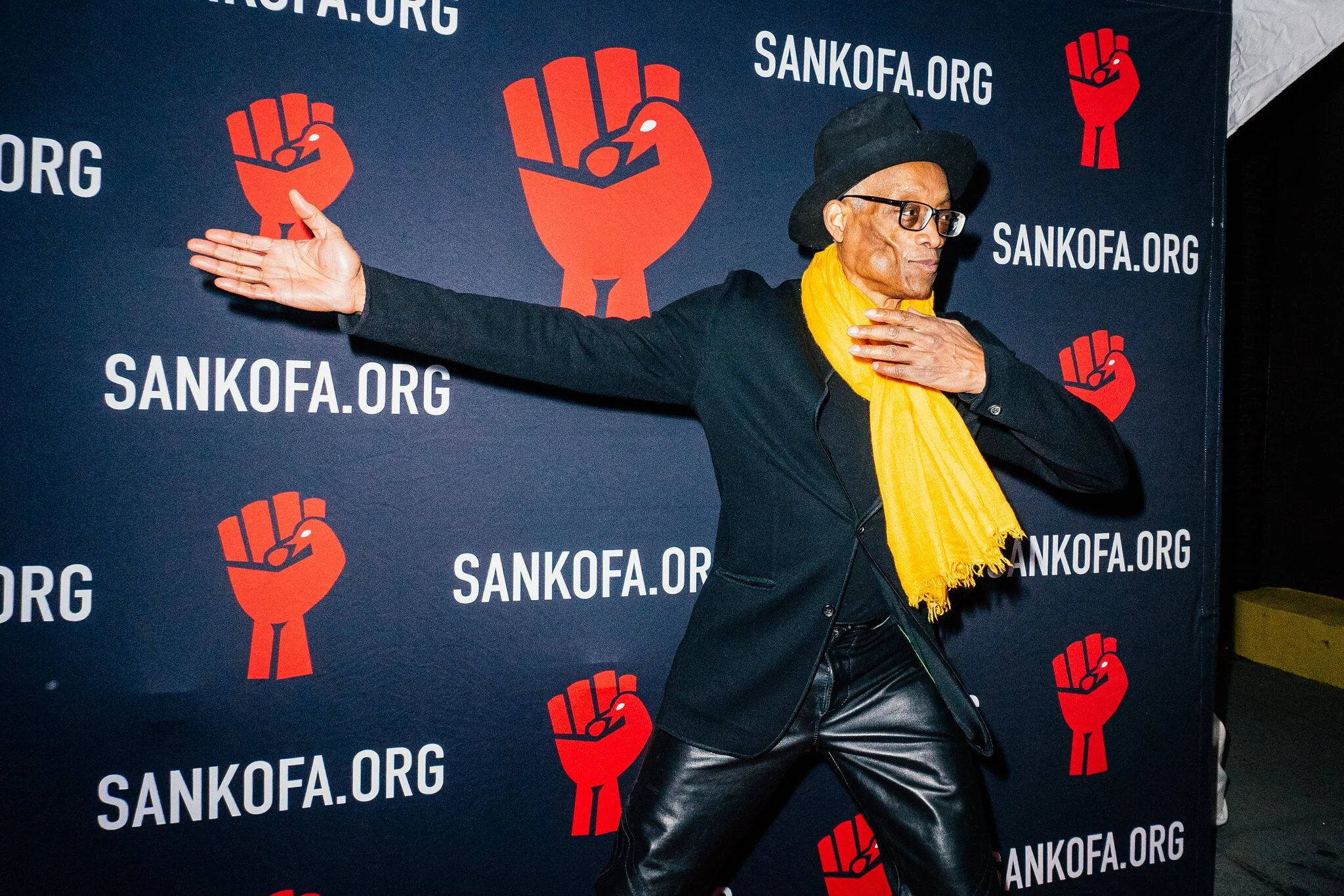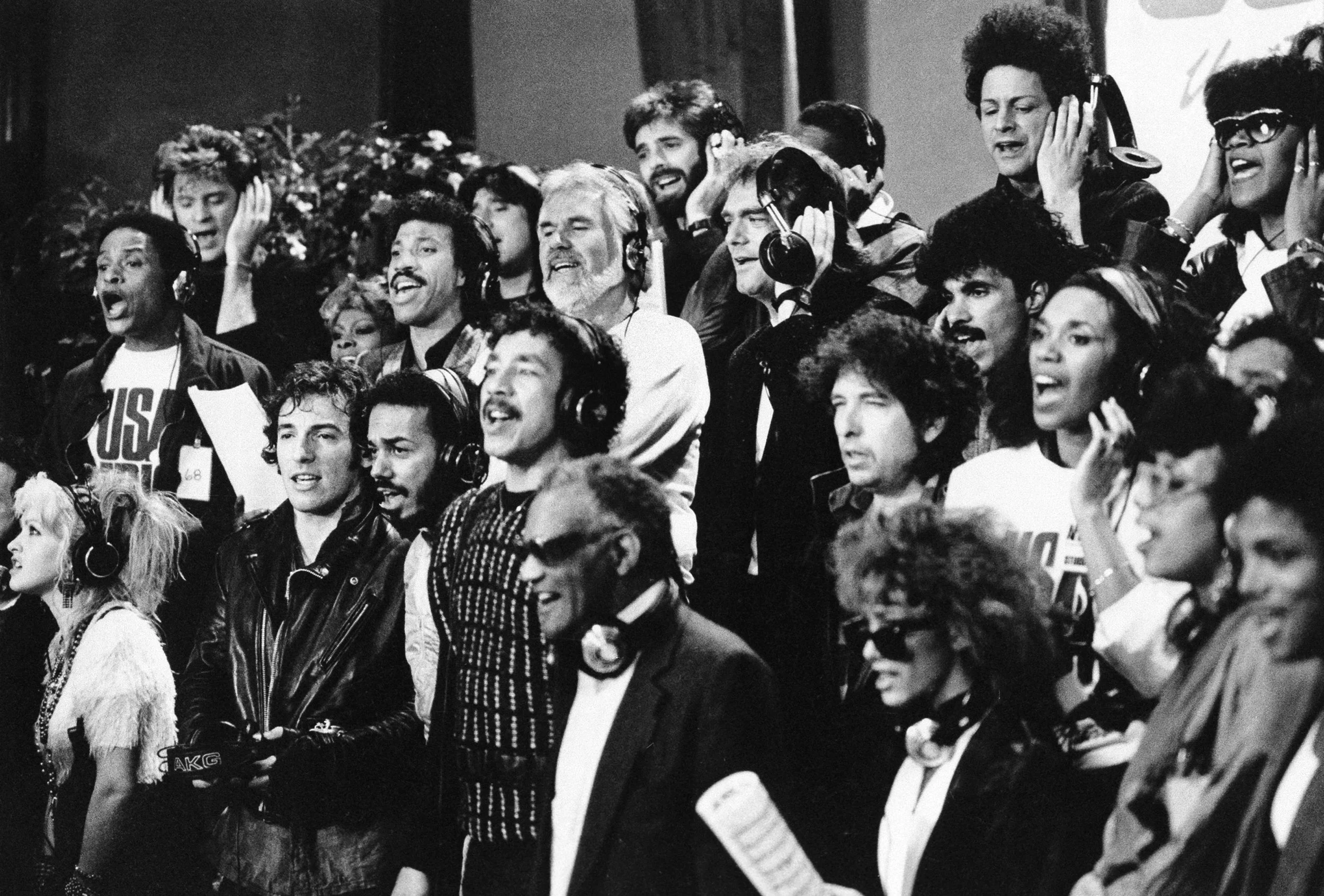The meaning of SANKOFA
You must reach back to reclaim that which is lost in order to move forward
The SANKOFA symbol, deeply rooted in the wisdom of Ghana’s Akan people, depicts a bird turning its head backward to retrieve an egg - a reminder that true progress demands that we draw from the lessons of the past. In today’s divided world, the symbol serves as a call to all of us, to reflect on our shared history, learn from it, and bring those insights forward to shape a better future for everyone. We can’t move forward without acknowledging where we’ve been, and this collective understanding is crucial to making meaningful, lasting progress
Sankofa.org is a 501C3 fiscally sponsored non-profit by Social and Environmental Entrepreneurs. Through art, culture, and media Sankofa.org addresses injustice and creates change at multiple levels. In support of our collaborative commentates and grassroots partners, we enlist artists, performers, and prominent individuals to deliver messages of moral and political consequence. We develop and produce a wide range of events to further amplify our message and elevate the voices of those already doing this critical work. At times money raised by Sankofa.org is used to support our coalition partners working on the ground for lasting change and towards building a self-sustaining endowment to continue our work.
Sankofa.org focuses on issues of injustice that disproportionately affect the disenfranchised, the oppressed, and the underserved, which left unaddressed, continue to impact the lives of too many individuals and remain a scar on our nation’s moral character. If you are concerned about the social justice issues that affect the lives of disempowered millions, we ask you to contribute to Sankofa.org. If you are an artist, musician, or performer, you can help support Sankofa.org by contributing your talents. To learn more or donate, contact us at asstsankofa@gmail.com
Some of the key issues we are currently addressing include: the systemic violence that has poisoned our society and is being reinforced by legislation such as Qualified Immunity, rampant over-incarceration rates including the cradle-to-prison pipeline and an unequal justice system; income disparity, where wealth is concentrated at the top and the earnings gap between has only grown more pronounced since the 1960’s.
The tradition of activism among America’s artistic and cultural leaders goes back to the early days of social justice movements. In 1939, Marion Anderson staged a defiant outdoor concert at the Lincoln Memorial, having been barred from Constitution Hall on account of her race. Paul Robeson, one of America’s most prominent African American actors in the 40’s, spoke openly for equality and encouraged his peers to do the same. “The artist must elect to fight for freedom or for slavery” he said, “I have made my choice.” The 1960’s ushered in a wave of artist-activists, from Joan Baez to Harry Belafonte to Bob Dylan. In the 1970’s there was Marvin Gaye to Bob Marley, whose politically charged work added cultural resonance to the words and actions of Martin Luther King Jr. and other social justice leaders.
More recently in the 1980’s, A call to action brought Quincy Jones, Michael Jackson, Lionel Richie with dozens of other artists to create “We Are the World,” conceived by Harry Belafonte. This powerful testament to the power of artists to drive attention, resources, and action towards the world’s injustices, ignited other artists to carry this same spirit of progressive change into the present day. Artists and performers are in a unique position to shape our society's cultural and moral destiny - to cast light on pressing issues and to use their creative gifts to inspire action. When they use their platform to speak up on matters of political and social urgency, the impact is profound and lasting.






